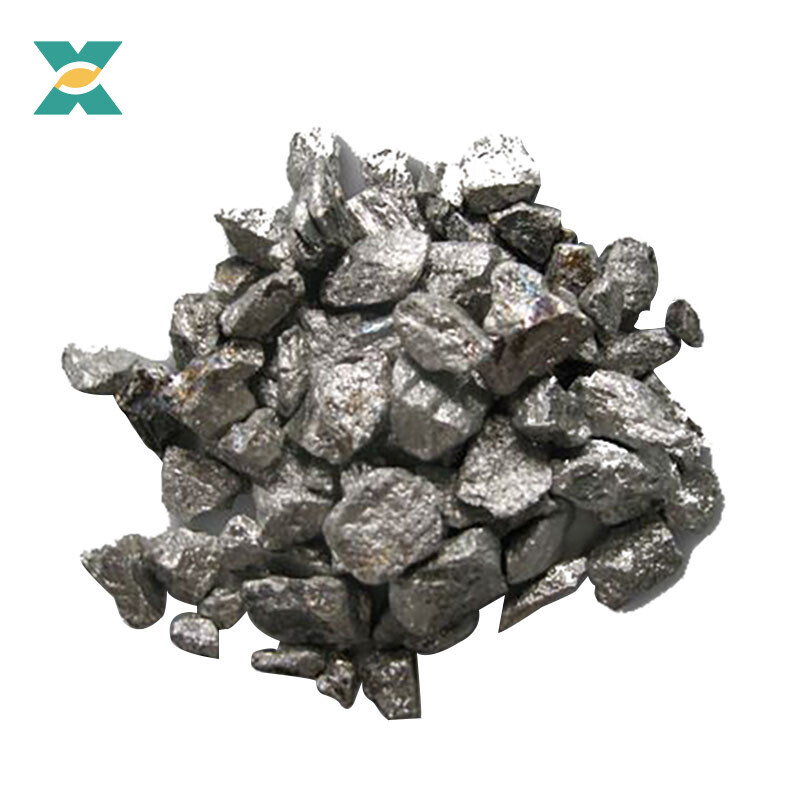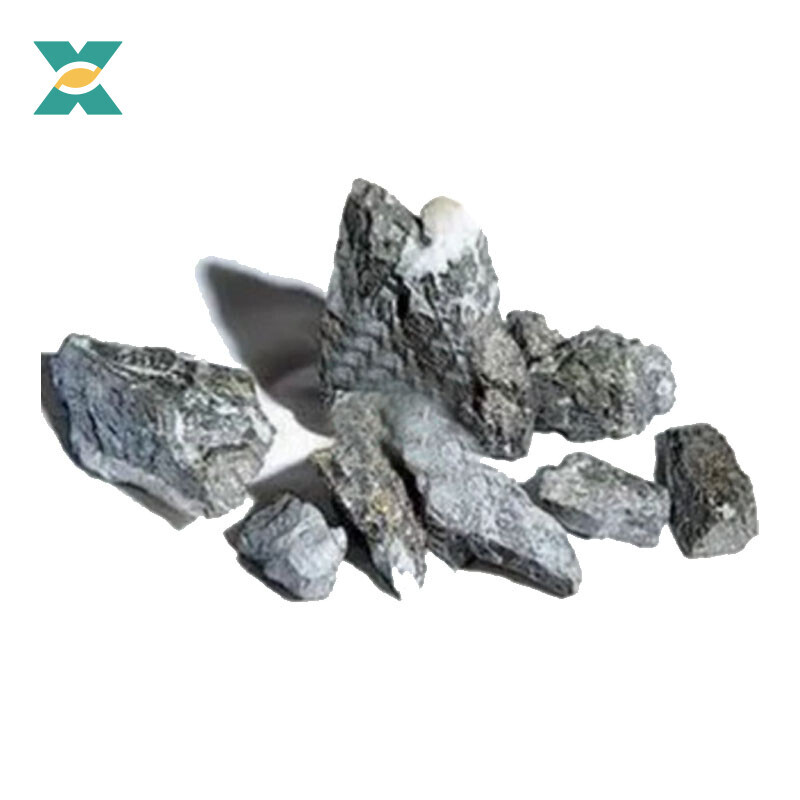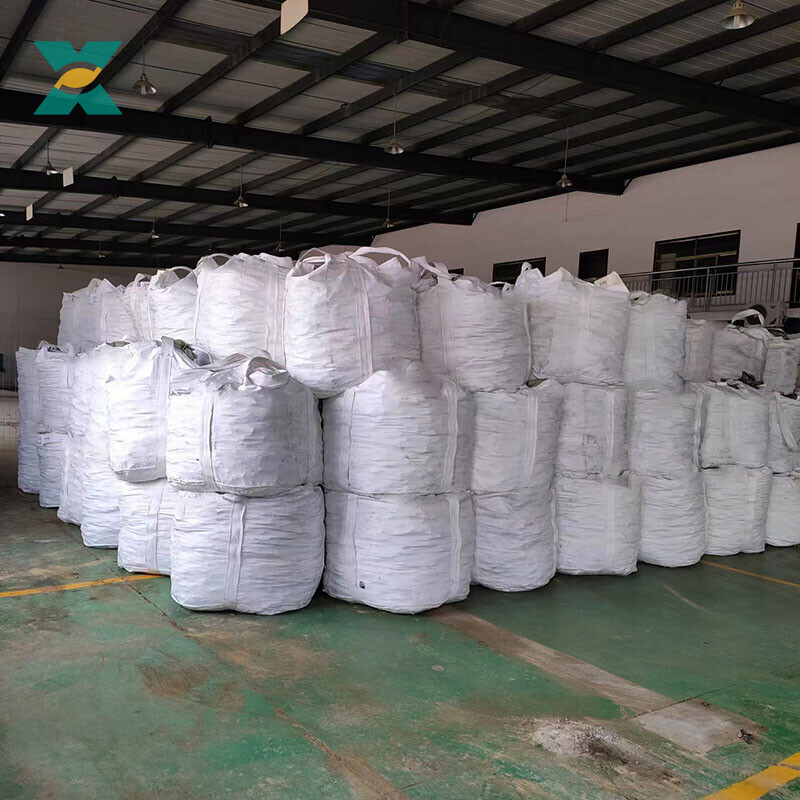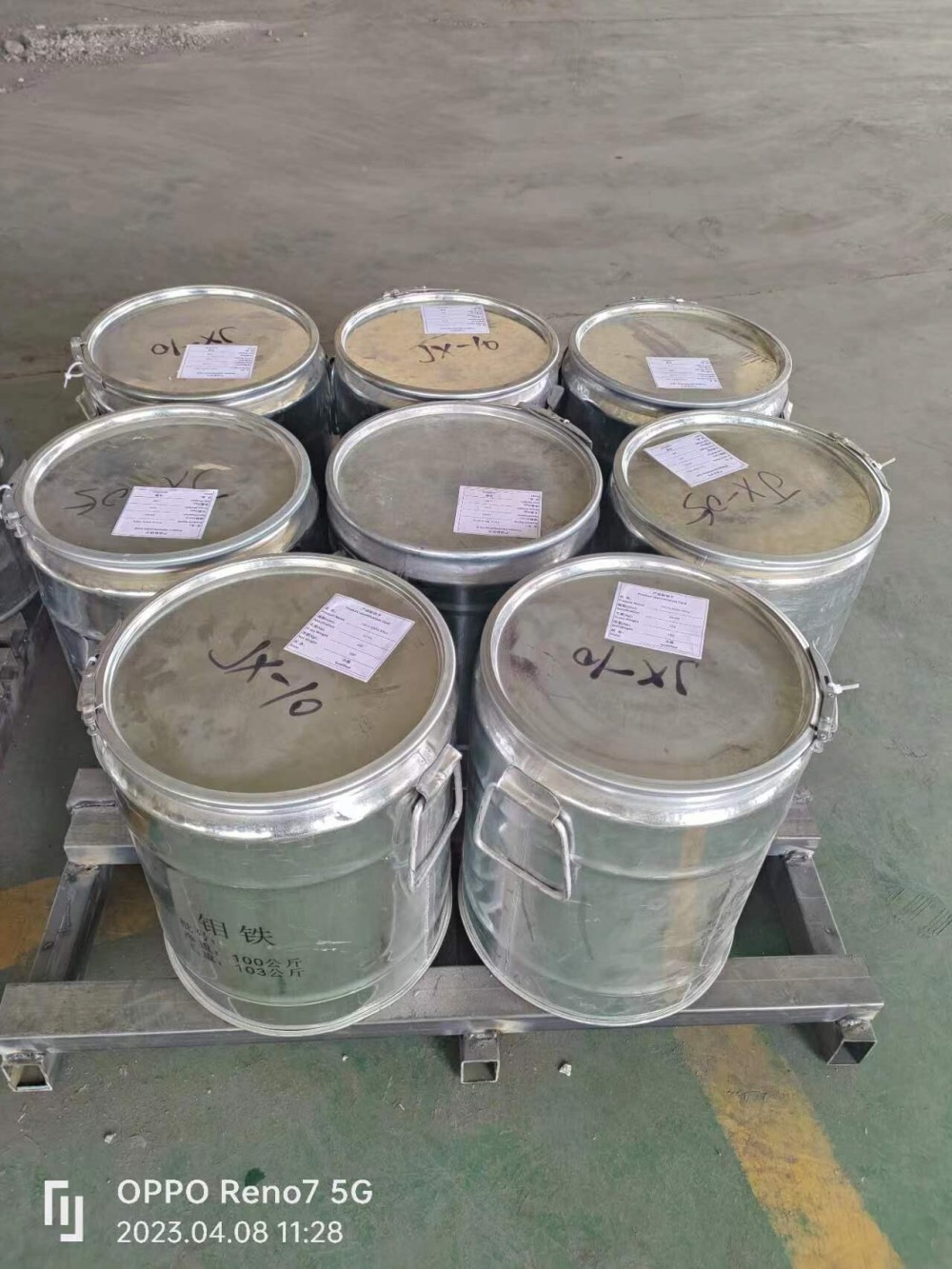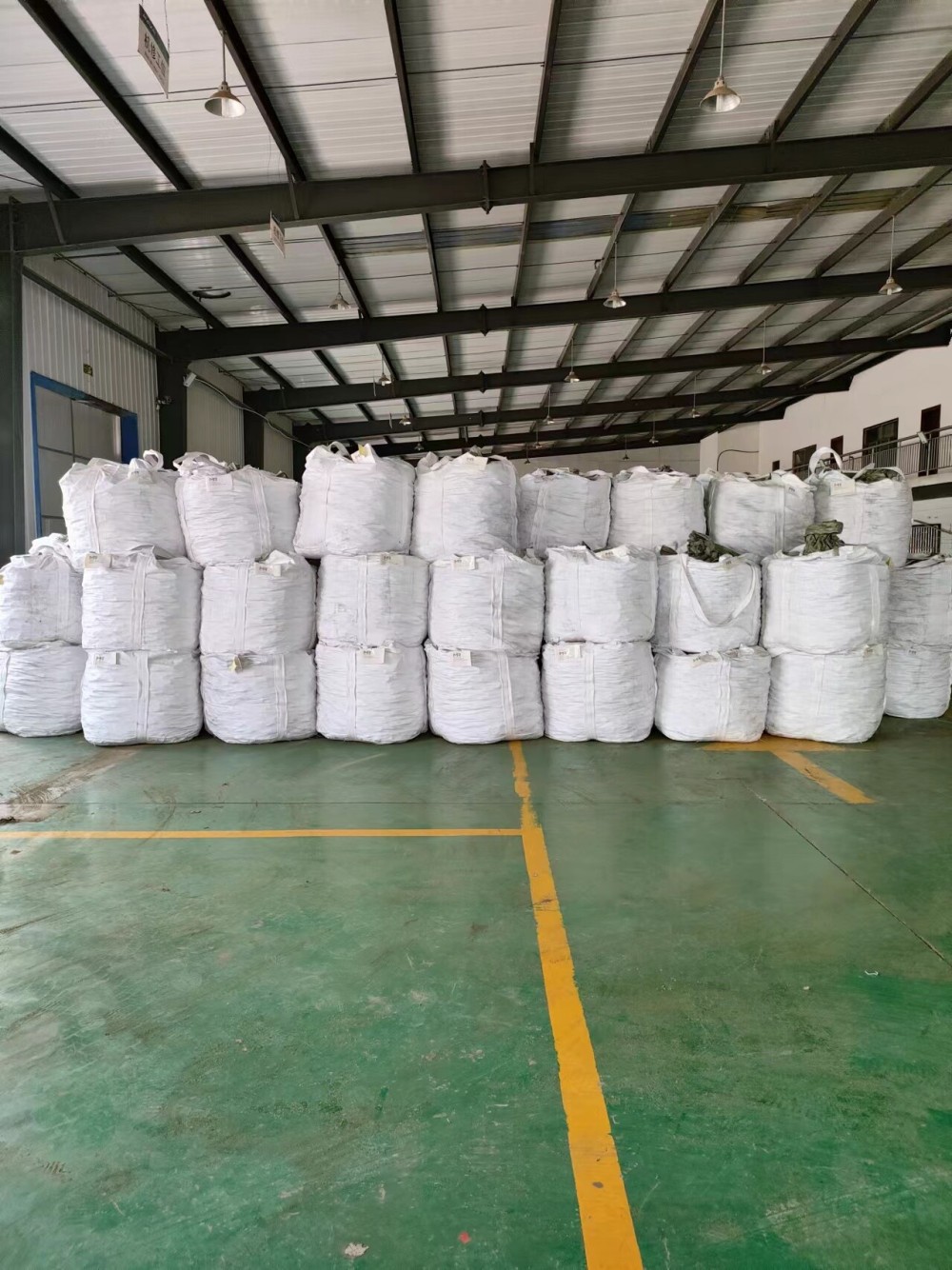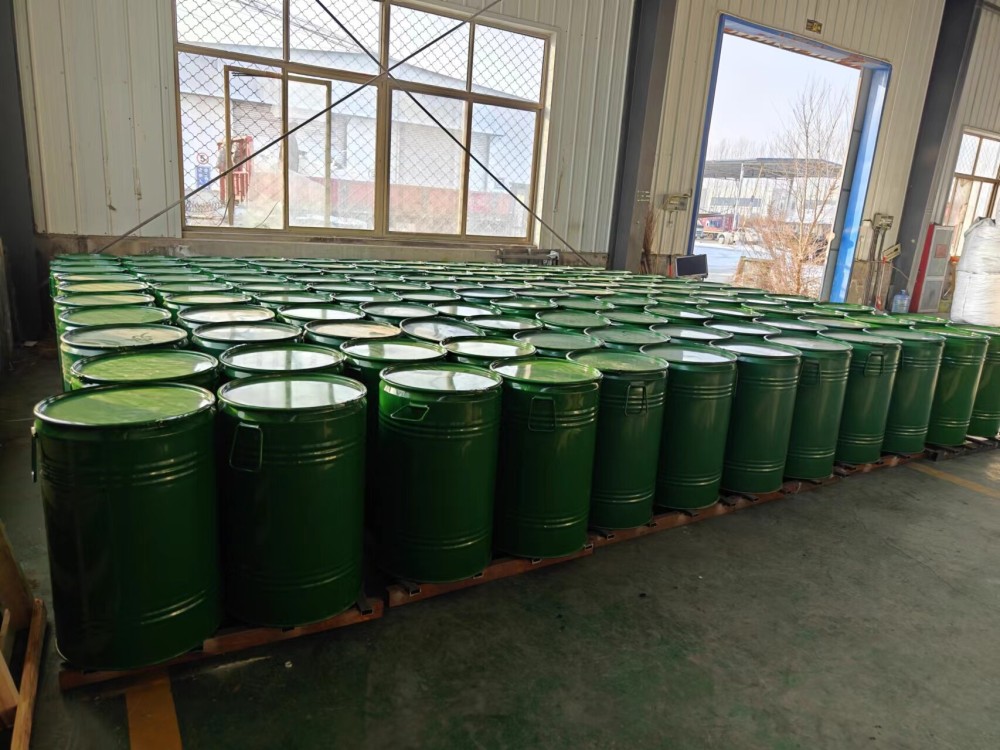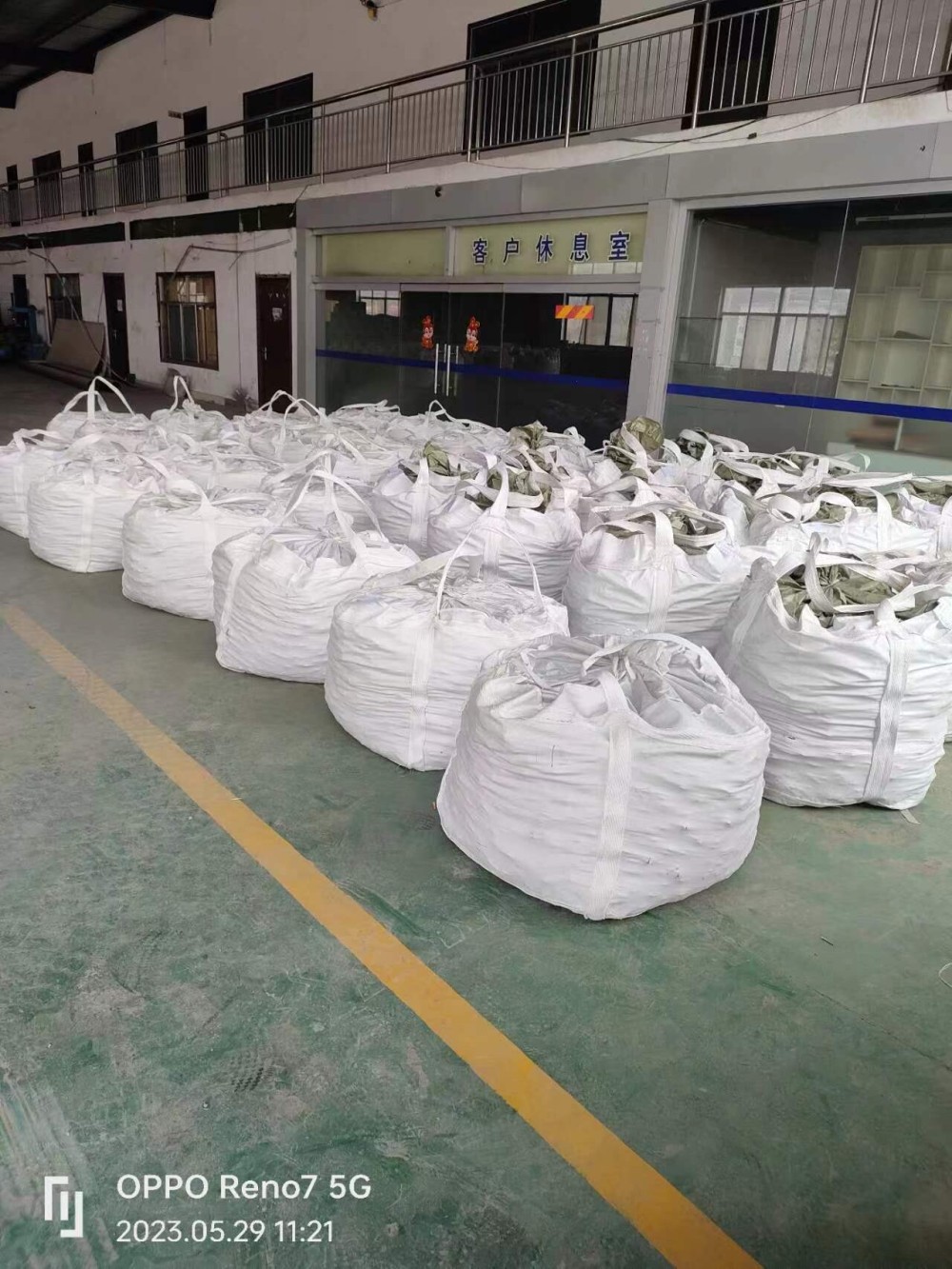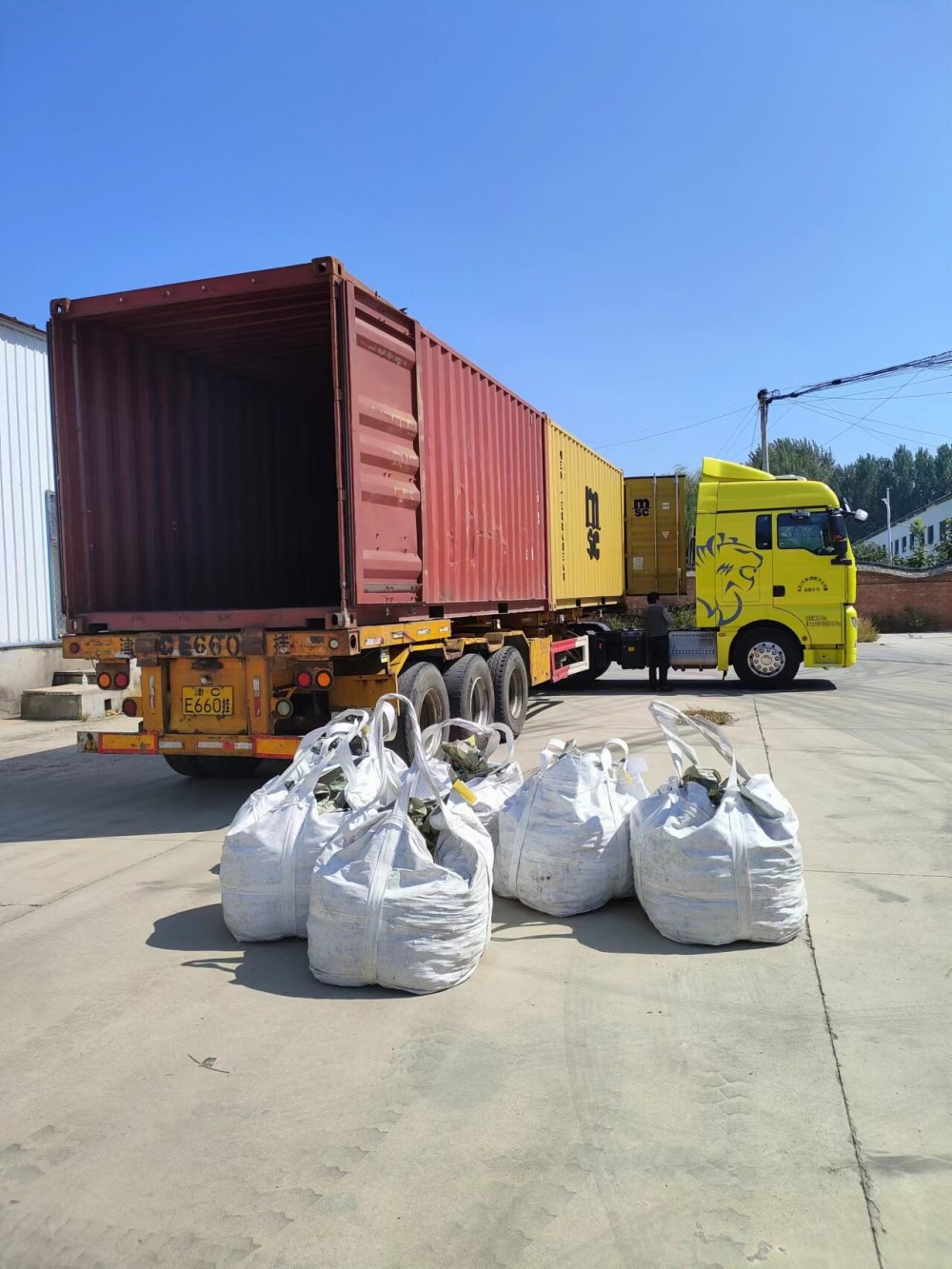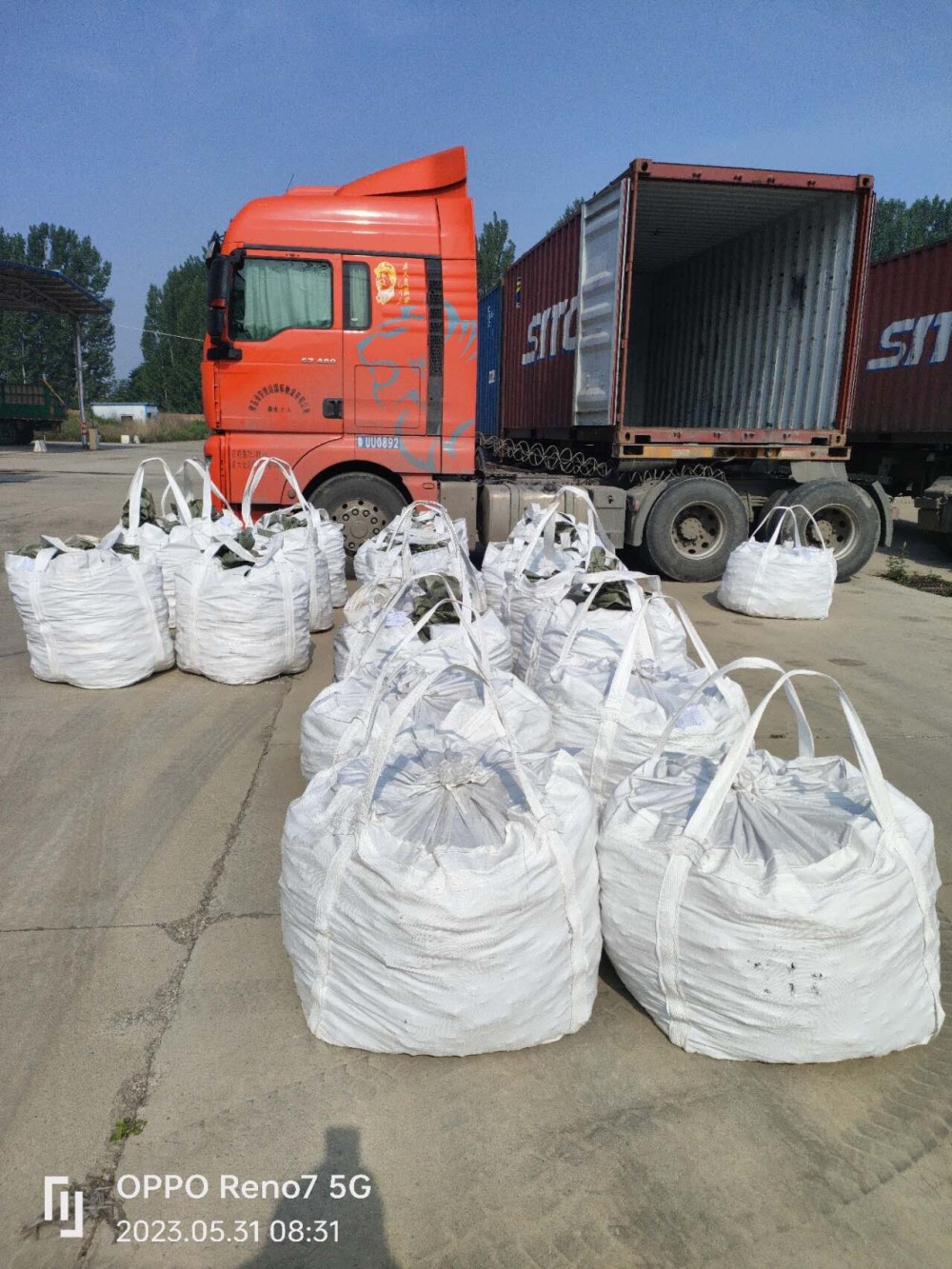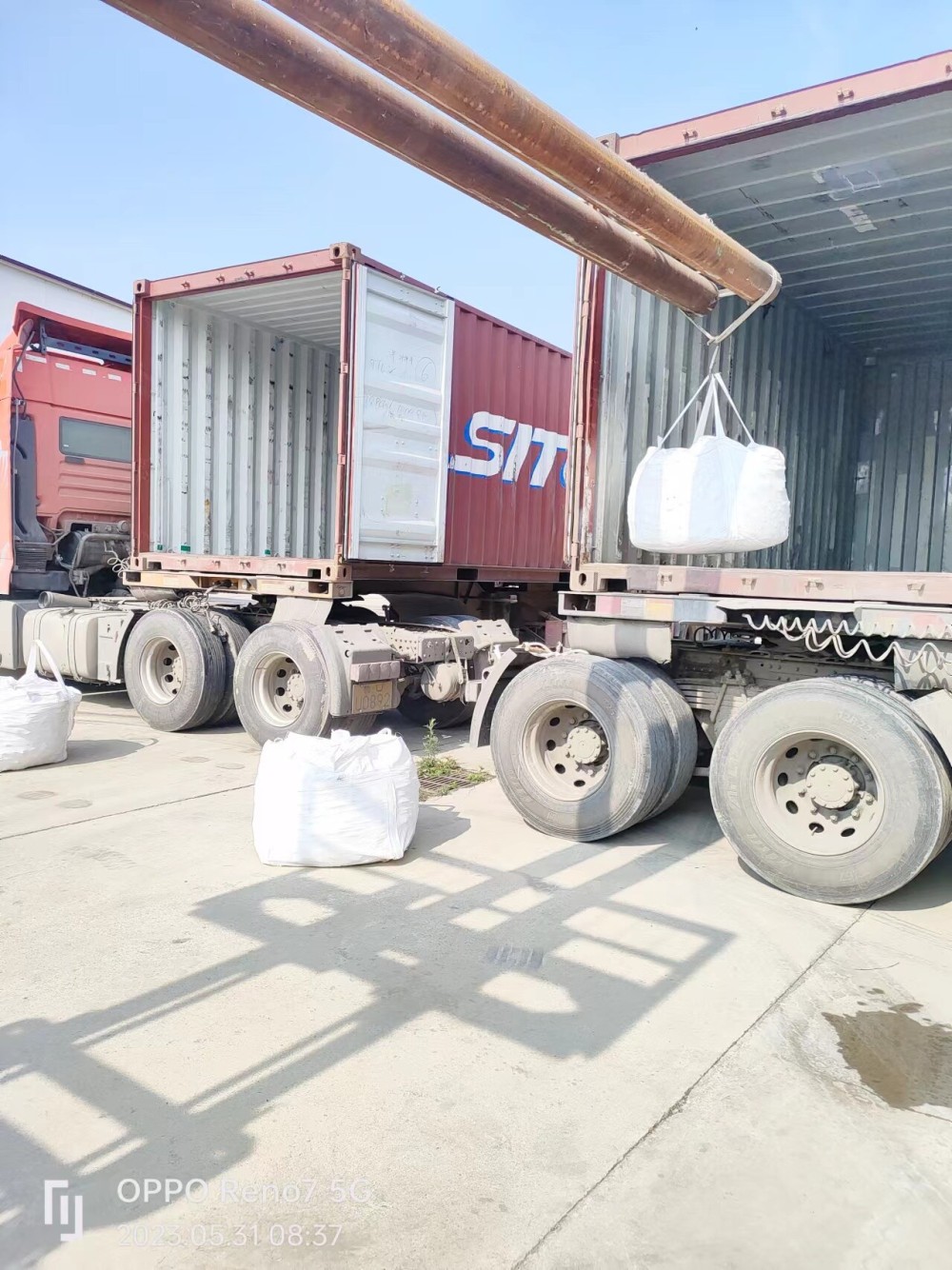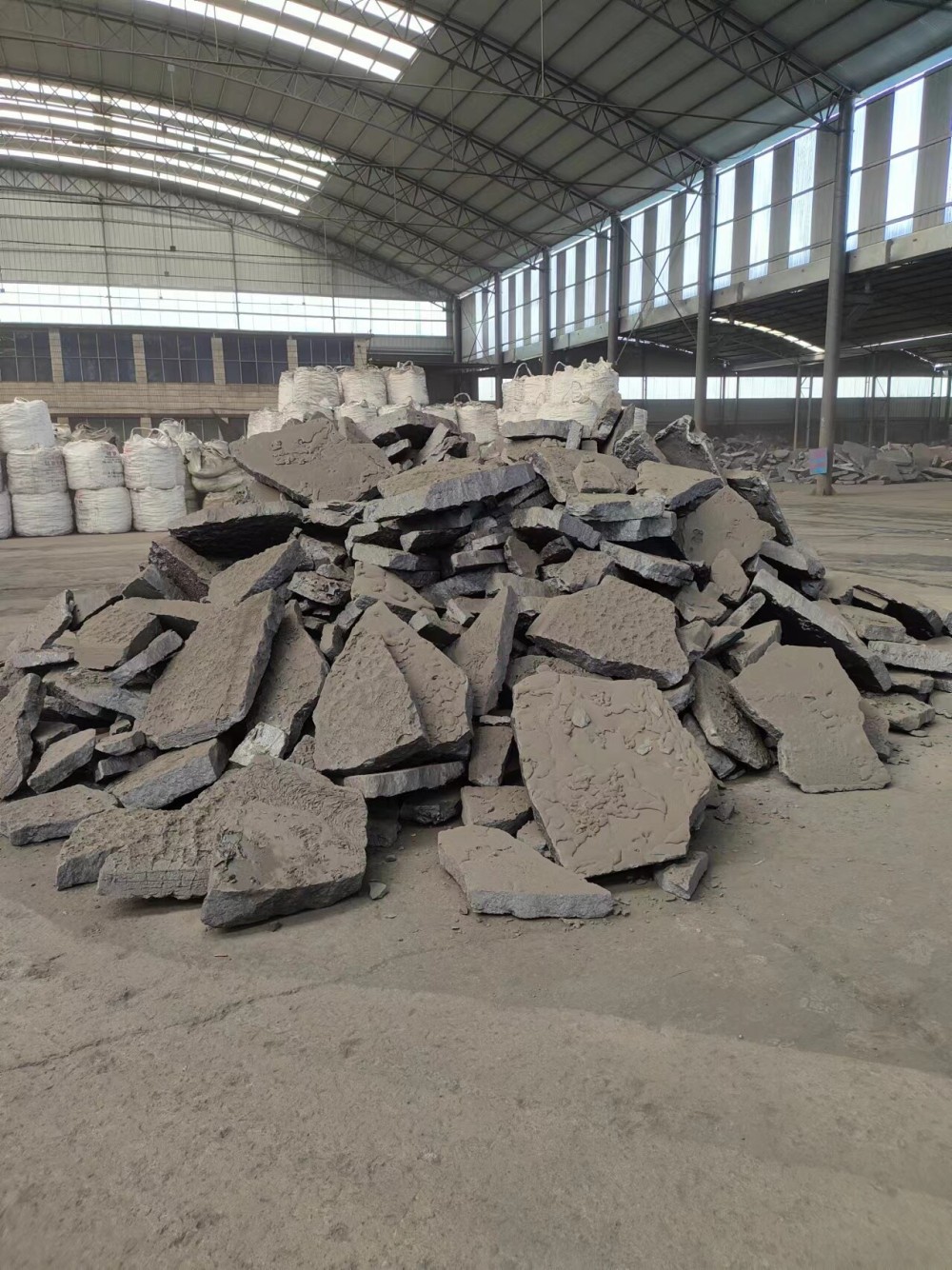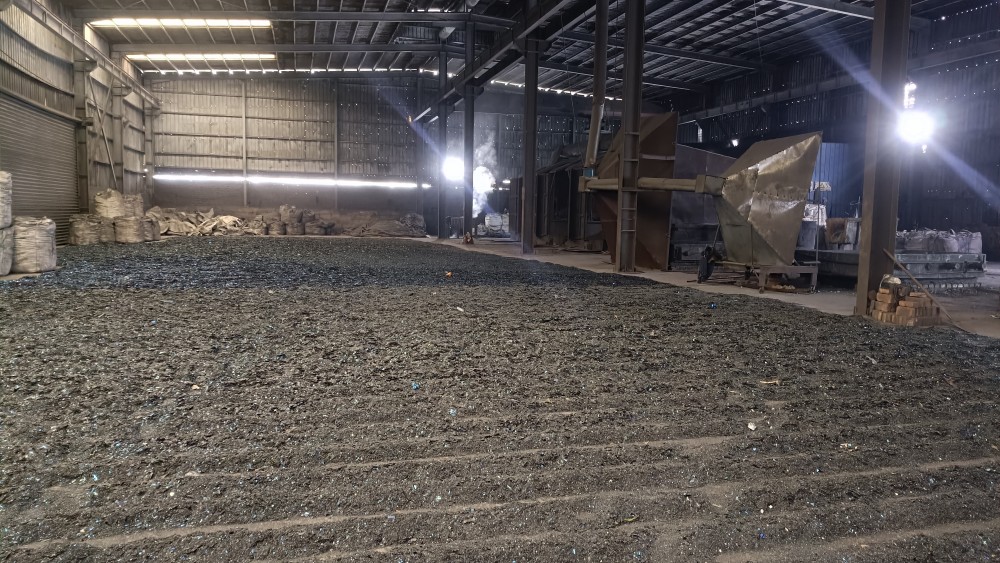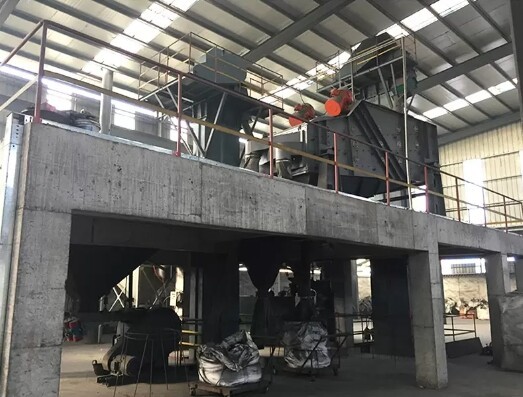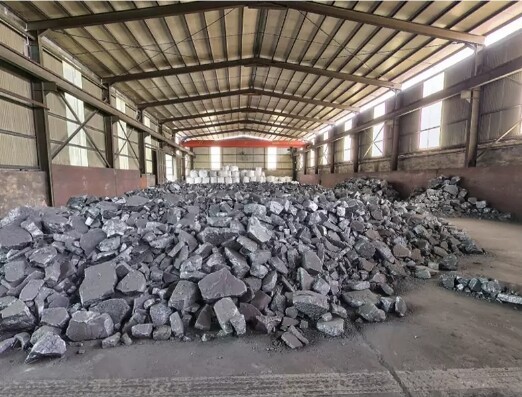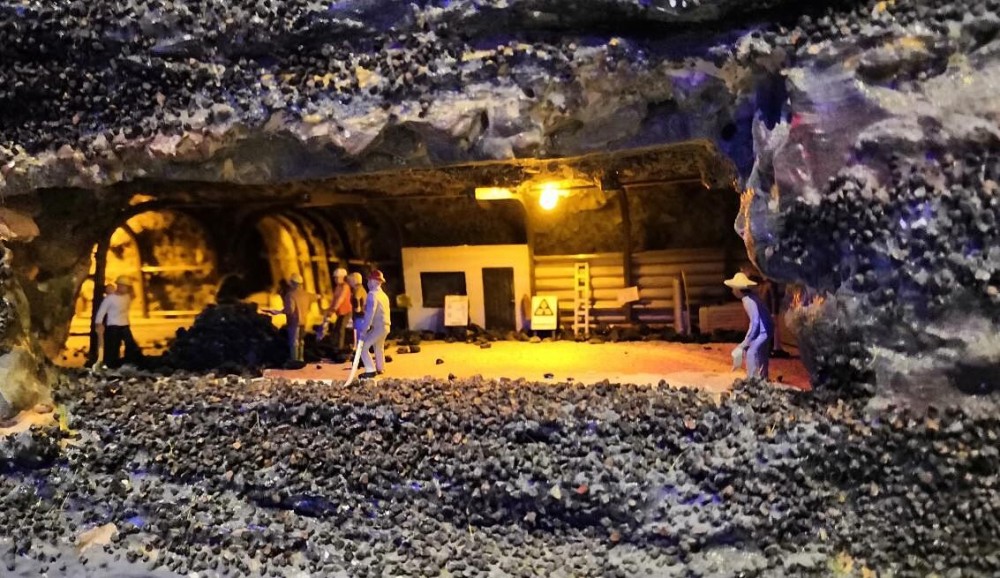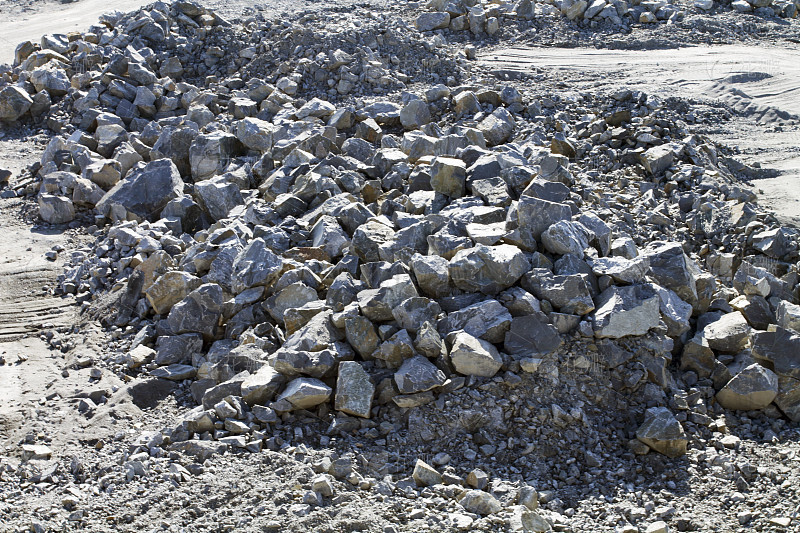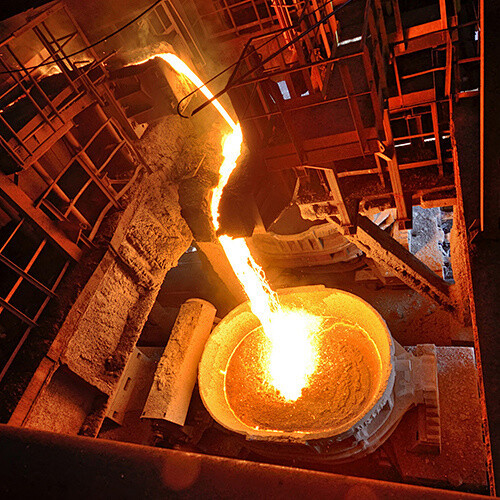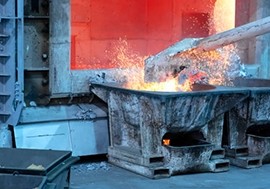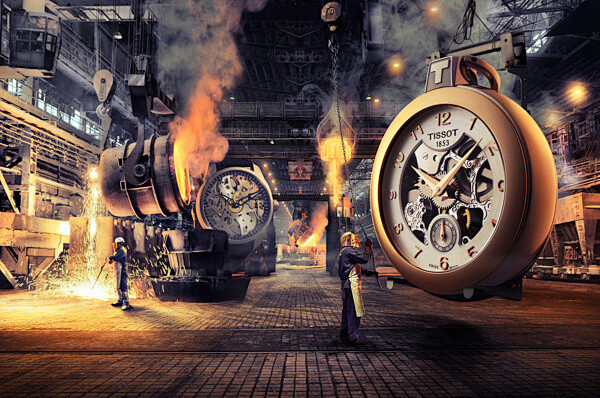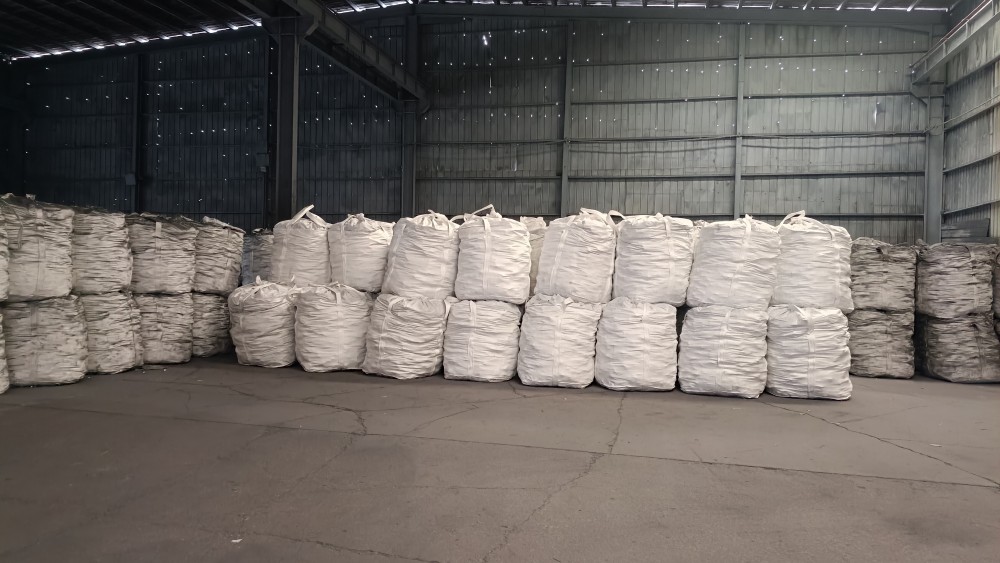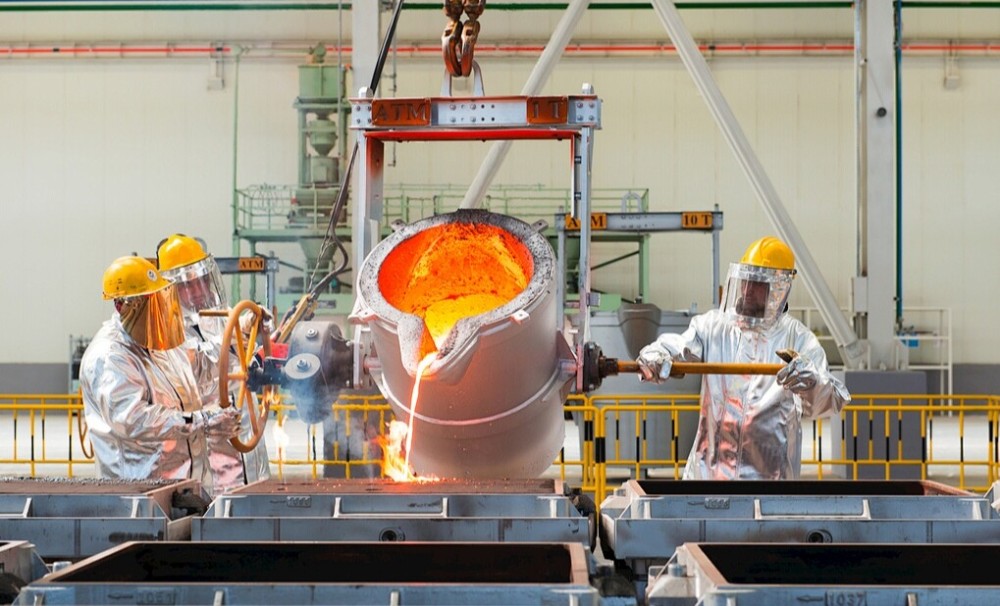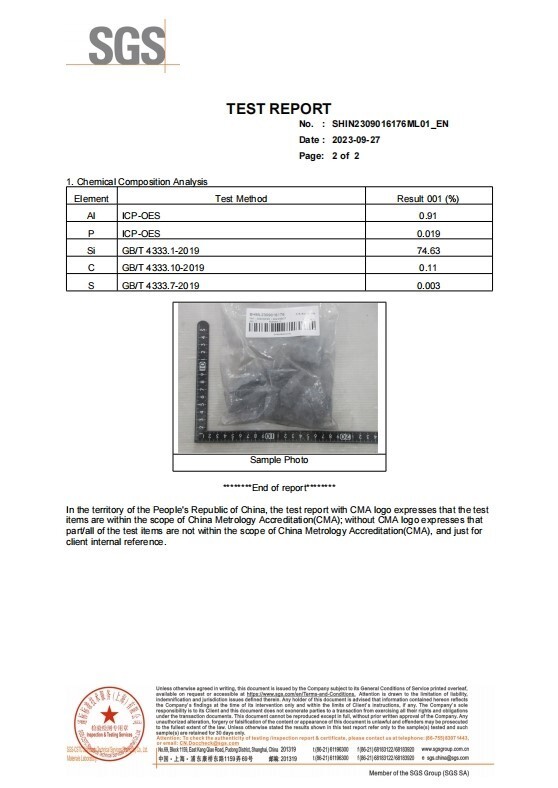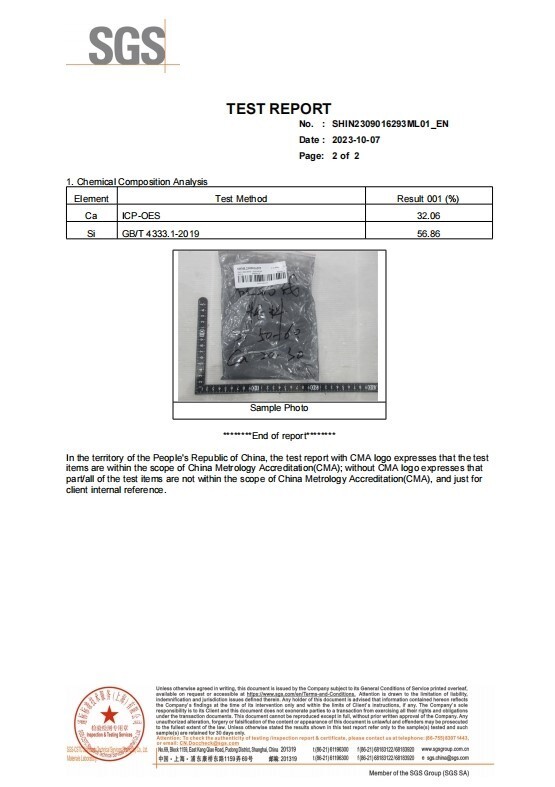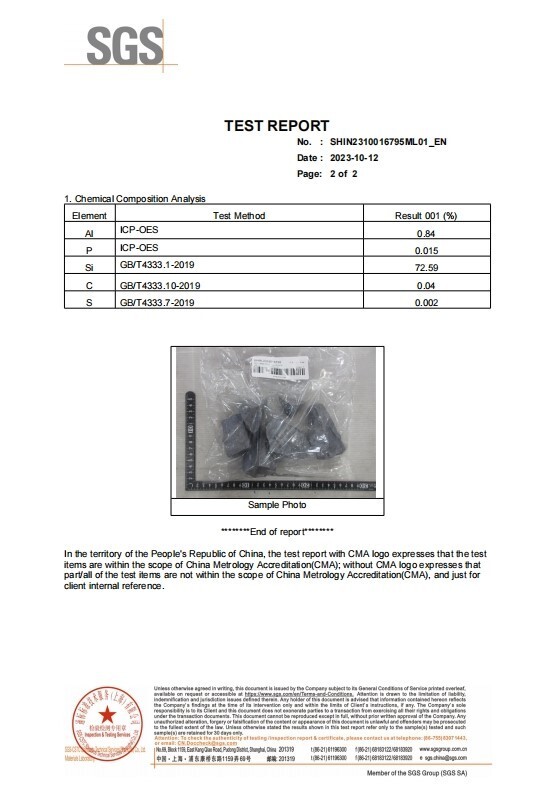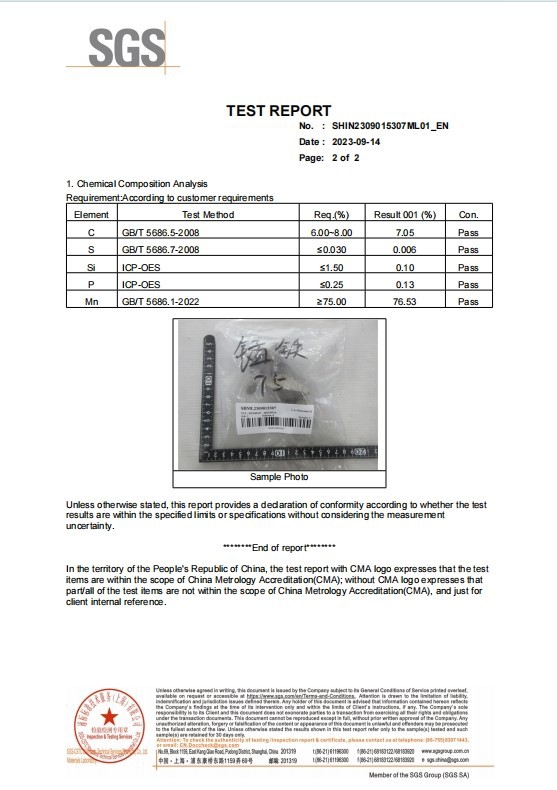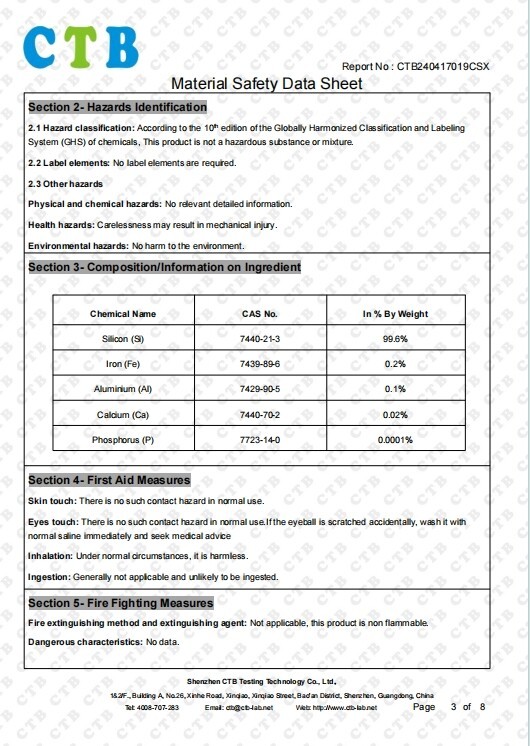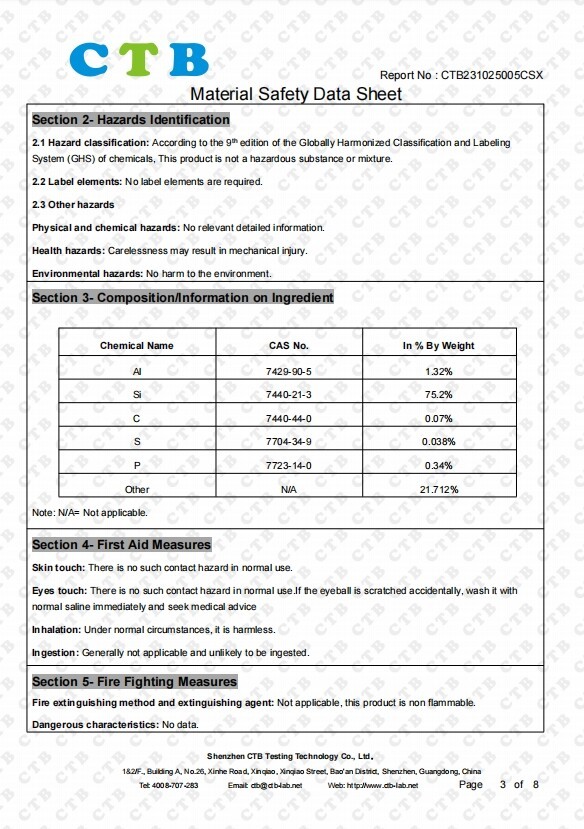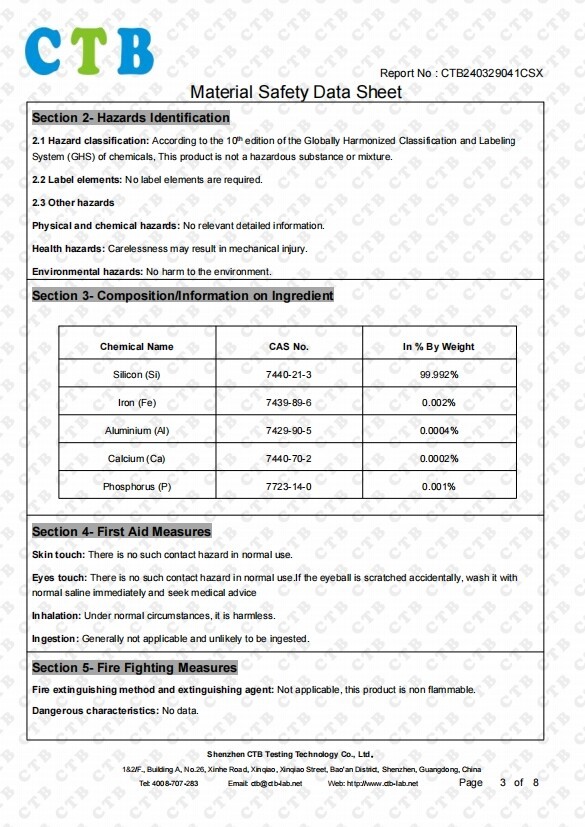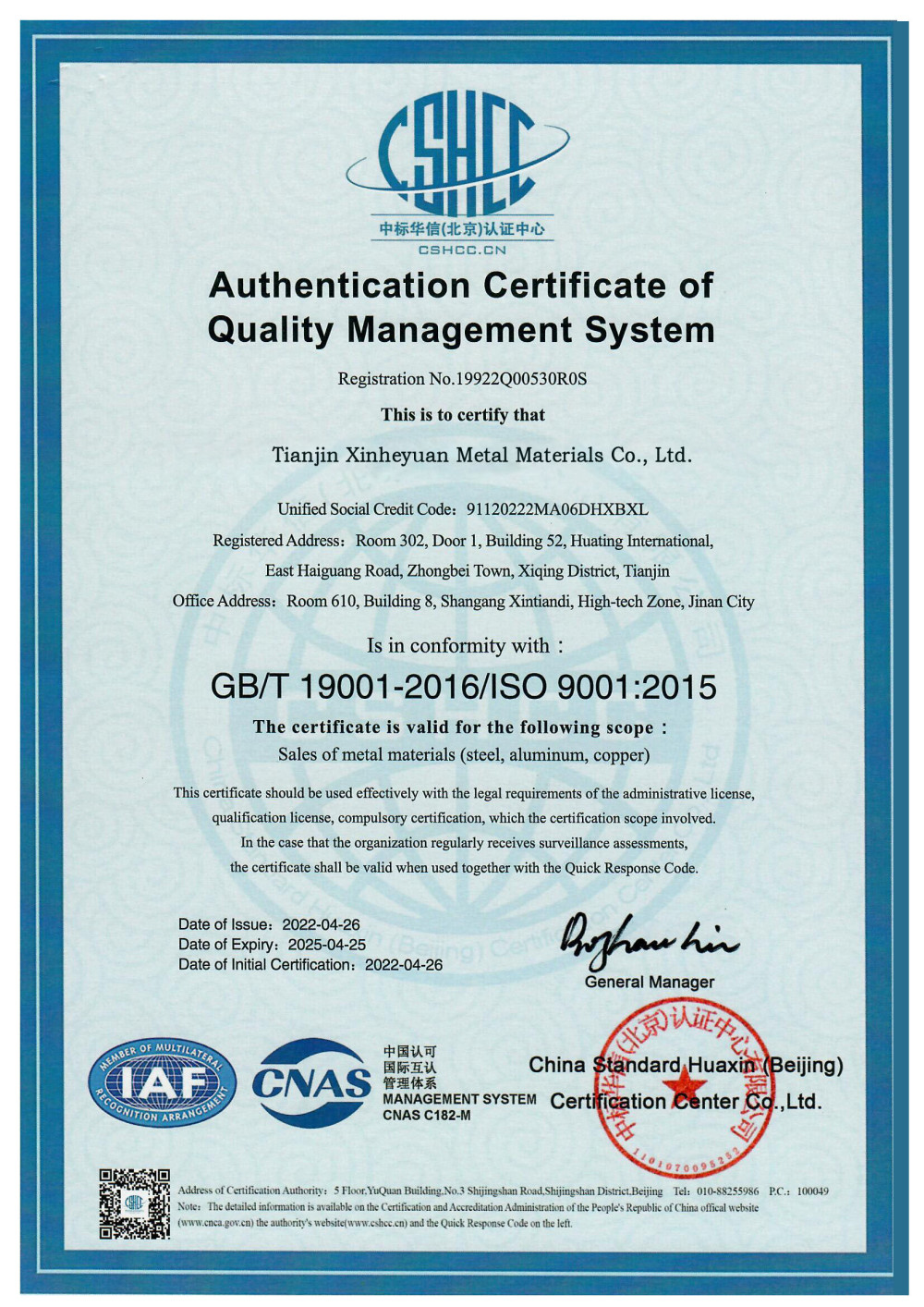PRODUCTS
Specification and particle size: natural lump, 10-100mm, powder or customised according to customers' requirements.
Packing: one metric tonne in a big bag, or according to customer's requirement
Chemical Content TableProduct Packaging
Product Details
Introduction to Ferro Niobium
Ferro Niobium is a ferrous alloy consisting mainly of Niobium and Iron. It also contains impurities such as aluminium, silicon, carbon, sulphur and phosphorus. Depending on the niobium content of the alloy, it can be classified as FeNb50, FeNb60 and FeNb70. ferroalloys produced from columbite-tantalite ore contain tantalum and are called columbite-tantalum.
Introduction to Ferro Niobium 60
1. Niobium is a malleable metal, grey in colour, with a body-centred cubic structure and a density of 8.57 g/cm. Niobium forms the compound Fe3Nb2 with iron, which is soluble in large quantities of iron. The melting temperature of ferro-niobium is close to 1600 degrees (1570-1650 degrees).
2.Niobium and carbon form NbC, its melting temperature is 3500~3800 degrees, its hardness is 9~10Mohs, excellent characteristics is the production of alloy tool steel good additives.
3. Niobium is used in the amorphous industry, magnetic source metal.
4. Niobium in the application of permanent magnetic materials: niobium filling improved the crystal structure of neodymium iron boron materials, grain organisation, improve the coercivity of the material; in the antioxidant of the material plays a unique role. Magnetic source metal.
Specification and particle size: natural lump, 10-100mm, powder or according to customer's requirement.
Packing: one metric tonne in a big bag or according to customer's requirement
Uses of Ferro Niobium 60
In the steel industry niobium can be added as an alloying agent, adding niobium to stainless steel and heat-resistant steel is conducive to improving its plasticity and corrosion resistance, and the addition of niobium to structural steel improves its weldability and enhances the strength and plasticity, as well as preventing weld corrosion. For high-temperature steel and high-temperature alloys, niobium is indispensable, because niobium can improve the high-temperature strength, refine the grain, and prevent the grain from growing at high temperatures. Niobium combines with carbon to form carbides that eliminate the harmful effects of chromium carbide deposits in stainless steel and improve corrosion resistance. Pure niobium and its alloys are used in electronics, chemistry, light industry, aircraft and rocket manufacture and other technologies.
Product Packaging
Product Transportation
Factory Tour
Product Process
Qualifications
Related Products
 Iron Niobium 70Ferro Niobium is a ferrous alloy consisting mainly of Niobium and Iron. It also contains impurities such as aluminium, silicon, carbon, sulphur and phosphorus. Depending on the niobium content of the alloy, it can be classified as FeNb50, FeNb60 and FeNb70. ferroalloys produced from columbite-tantalite ore contain tantalum and are called columbite-tantalum.
Iron Niobium 70Ferro Niobium is a ferrous alloy consisting mainly of Niobium and Iron. It also contains impurities such as aluminium, silicon, carbon, sulphur and phosphorus. Depending on the niobium content of the alloy, it can be classified as FeNb50, FeNb60 and FeNb70. ferroalloys produced from columbite-tantalite ore contain tantalum and are called columbite-tantalum. FerroniobiumFerro Niobium is a ferrous alloy consisting mainly of Niobium and Iron. It also contains impurities such as aluminium, silicon, carbon, sulphur and phosphorus. Depending on the niobium content of the alloy, it can be classified as FeNb50, FeNb60 and FeNb70. ferroalloys produced from columbite-tantalite ore contain tantalum and are called columbite-tantalum.
FerroniobiumFerro Niobium is a ferrous alloy consisting mainly of Niobium and Iron. It also contains impurities such as aluminium, silicon, carbon, sulphur and phosphorus. Depending on the niobium content of the alloy, it can be classified as FeNb50, FeNb60 and FeNb70. ferroalloys produced from columbite-tantalite ore contain tantalum and are called columbite-tantalum. Iron Niobium 50Ferro Niobium is a ferrous alloy consisting mainly of Niobium and Iron. It also contains impurities such as aluminium, silicon, carbon, sulphur and phosphorus. Depending on the niobium content of the alloy, it can be classified as FeNb50, FeNb60 and FeNb70. ferroalloys produced from columbite-tantalite ore contain tantalum and are called columbite-tantalum.
Iron Niobium 50Ferro Niobium is a ferrous alloy consisting mainly of Niobium and Iron. It also contains impurities such as aluminium, silicon, carbon, sulphur and phosphorus. Depending on the niobium content of the alloy, it can be classified as FeNb50, FeNb60 and FeNb70. ferroalloys produced from columbite-tantalite ore contain tantalum and are called columbite-tantalum.
Get Your Free Quote Now!
Leave A Message
If you are interested in our products and want to know more details, please leave a message here, we will reply you as soon as we can.


